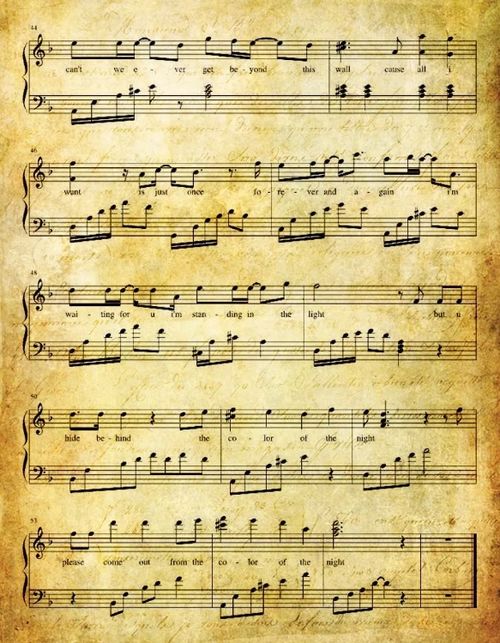The Translation of Classical Music
Classical music, also known as "古典音乐" in Chinese, refers to the art music of distinguished traditions spanning more than 1000 years. It encompasses a wide range of genres and styles, including symphonies, concertos, sonatas, operas, and more. The term "classical" often creates confusion, as it can refer to a specific period in music history (c. 1730–1820) or denote all serious music, not including jazz, pop, or folk music.
When translating "古典音乐" into English, it is commonly rendered as "classical music." This term serves as a catchall for the genre's diverse repertoire and historical periods. It's important to note that the English term "classic music" typically refers to popular and influential music from past decades, such as "classic rock" or "classic pop."
In the context of discussing specific periods within classical music, it's crucial to use the appropriate terminology. For instance, the Baroque period in music (c. 1600–1750) and the Romantic period (c. 1800–1910) have distinct characteristics and therefore should be referred to by their specific names when discussing musical history.
In conclusion, when translating "古典音乐" into English, "classical music" is the most appropriate and widely accepted term. However, it's important to provide additional context or use specific period names when necessary to avoid any potential misunderstandings.

I have provided a comprehensive explanation of the translation of "古典音乐" into English, including the usage of the term and additional context related to specific musical periods. If you need further information or have any specific questions, feel free to let me know!








